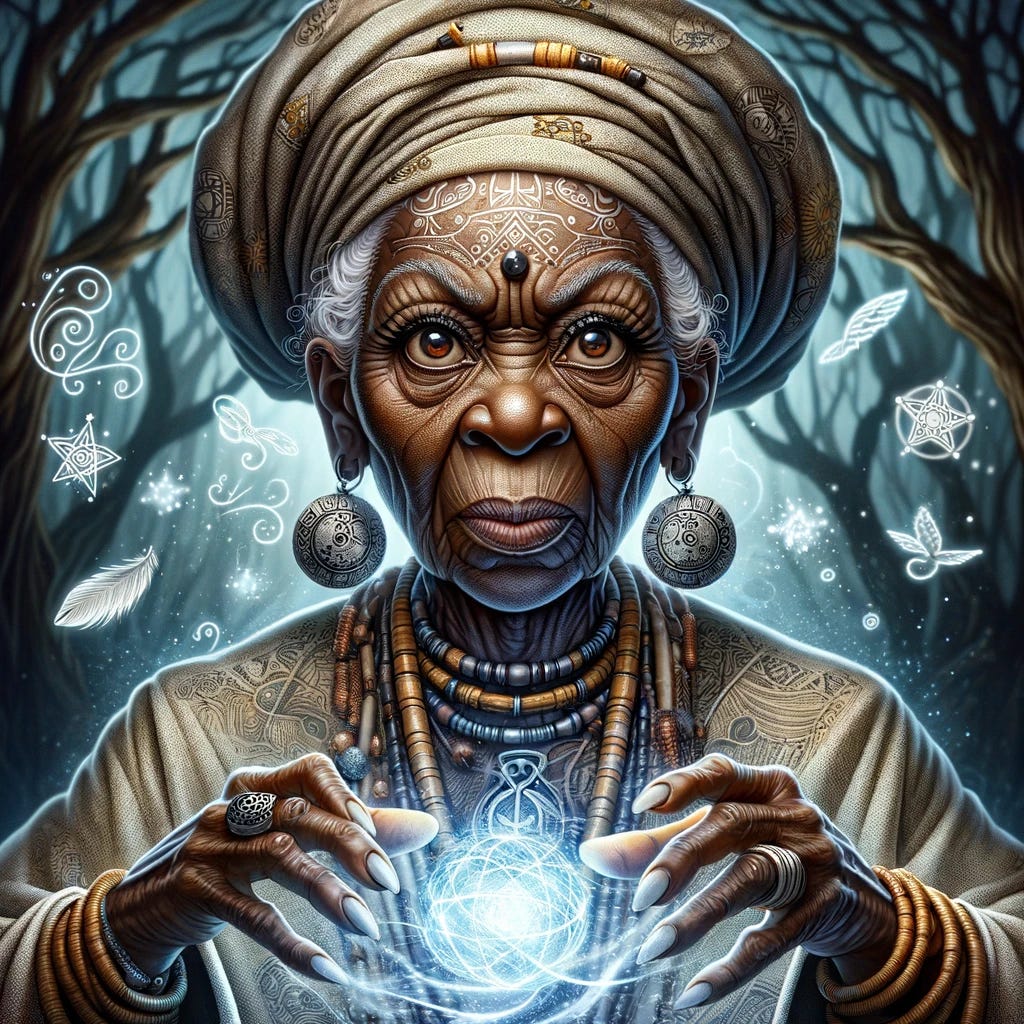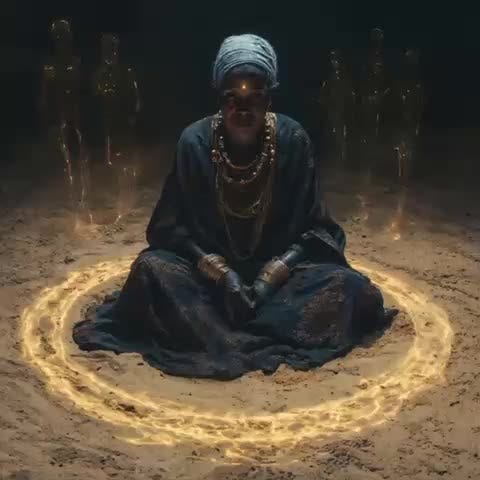Nestled along the historic Benin-Sapele Road lies the ancient village of Uho, a community whose roots trace back to the pre-imperial era of the Benin Kingdom. Though its origins predate even the reign of the legendary Oba Ewuare the Great, it was during the time of Oba Ozolua that Uho rose to prominence — thanks to the mystical legacy of a woman known simply as Awa.
The Mother of Uho
Awa was not just any villager. She was a powerful native doctor, a revered sorceress, and a spiritual guide whose presence elevated Uho’s significance within the kingdom. Her mystical prowess was so profound that people from across Benin referred to her with deep respect as “Awa n’ lye n’ Uho” — Awa, the mother of Uho.
Her name became synonymous with supernatural wisdom, healing, and military mysticism. Warriors sought her guidance, and the power she channelled became legendary on the battlefield.
Trainer of Warriors, Builder of Legends
Among Awa's most enduring contributions was her training of several famed warriors from Okhumwun — a region known for producing formidable fighters. She mystically mentored warriors such as:
Arhuanran The Giant - Prince of Benin and son of Oba Ozolua
Ovbivbi n' Okhumwun - the blind warrior with telepathic powers
Egbọmarhuan' Okhumwun - Known as the man mountain, who described himself as a man-elephant without a tail.
Ivbiekpo n' Okhumwun
These warriors would later clash with both Oba Ozolua and his son Aruanran, marking some of the fiercest conflicts in Benin’s military history. Whenever these warriors faced overwhelming opposition in battle, they would invoke the spirit of Awa to tip the scales in their favour.
The Battle Chant of Power
Awa's spiritual influence was not abstract — it was summoned in song during the heat of battle. Her disciples would raise their voices in a powerful chant:
"Agha-rue-Egbe-he-lye n’ Uho, Agha-hu-Egbe-he-lye n’ Uho"
(Awa, mother of Uho, the battle is now too tough — come assist!)
This invocation became a mystical war cry, calling on Awa’s presence to descend and guide them in battle. The song remains a cultural relic, still sung in parts of Benin today — a haunting reminder of a woman whose power defied time and whose spirit still echoes in oral tradition.
Legacy
Awa N’ Uho was more than a sorceress — she was a symbol of feminine power, strategic brilliance, and spiritual protection. Her role in shaping warriors and influencing warfare through mystical means places her among the most important, though often overlooked, figures in Edo history.
Today, her name lives on in both song and story, and the village of Uho remains a sacred place — forever linked to the mother whose magic shaped men and moved armies.







